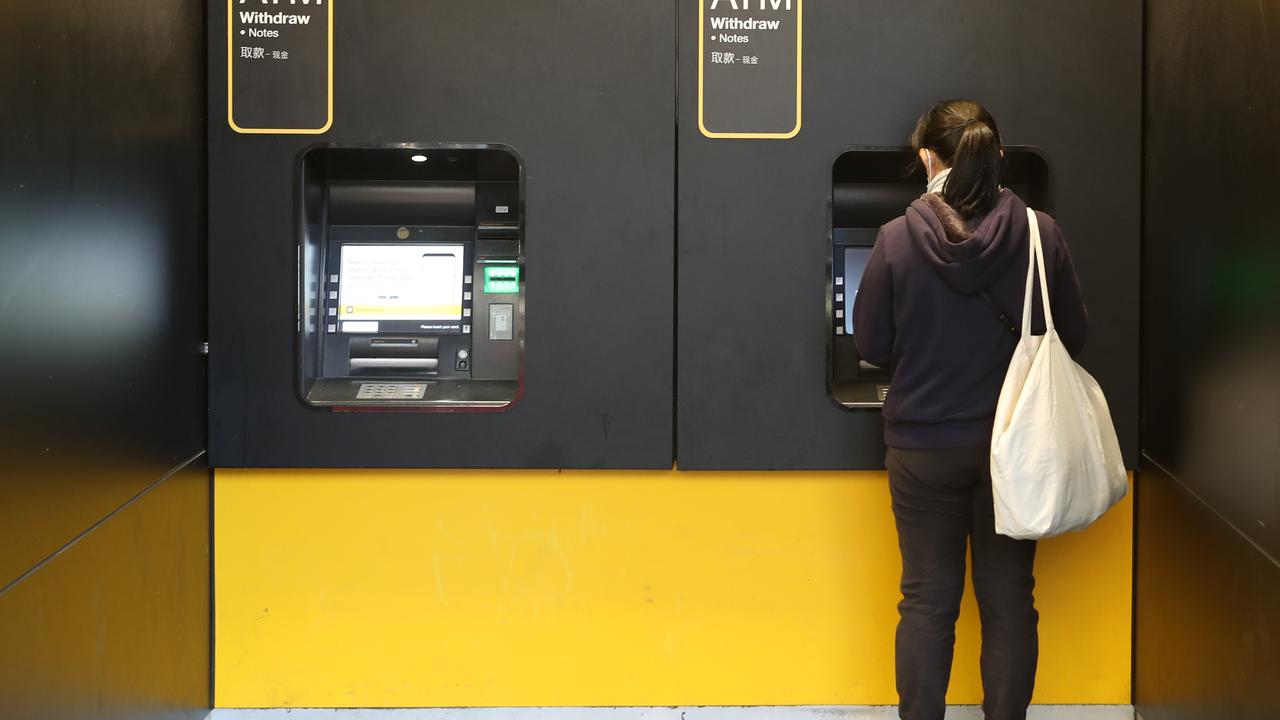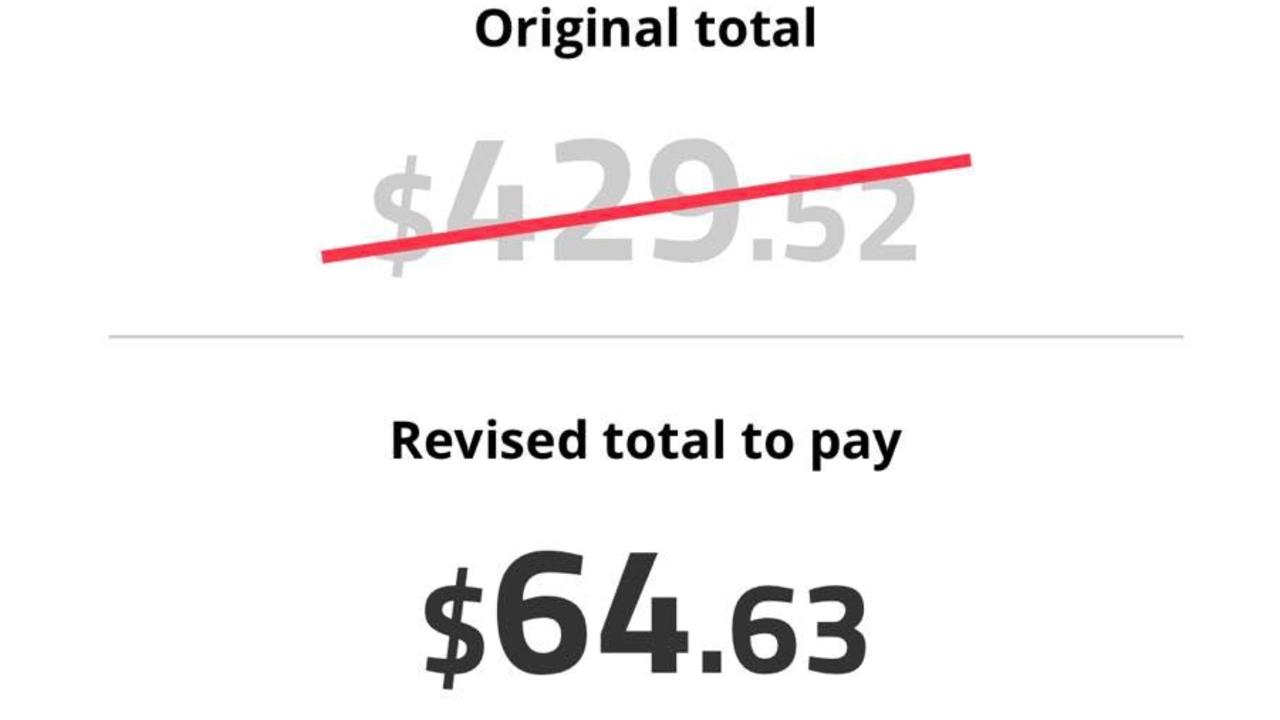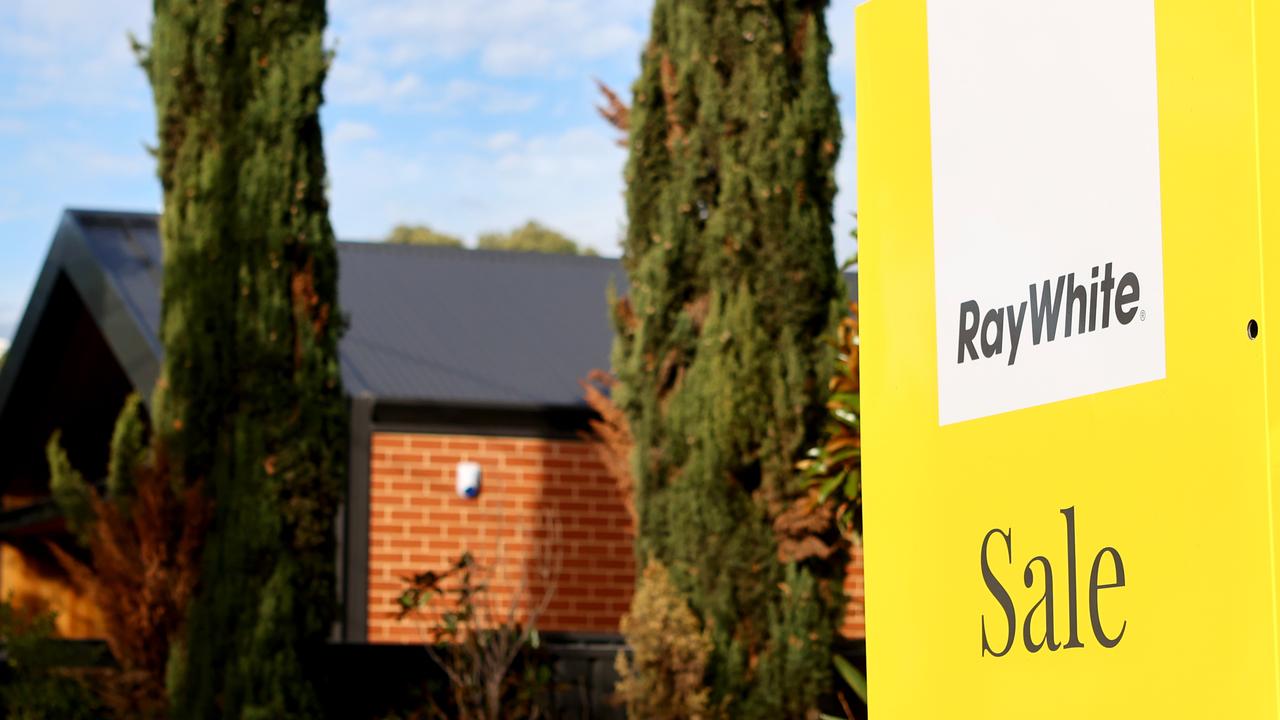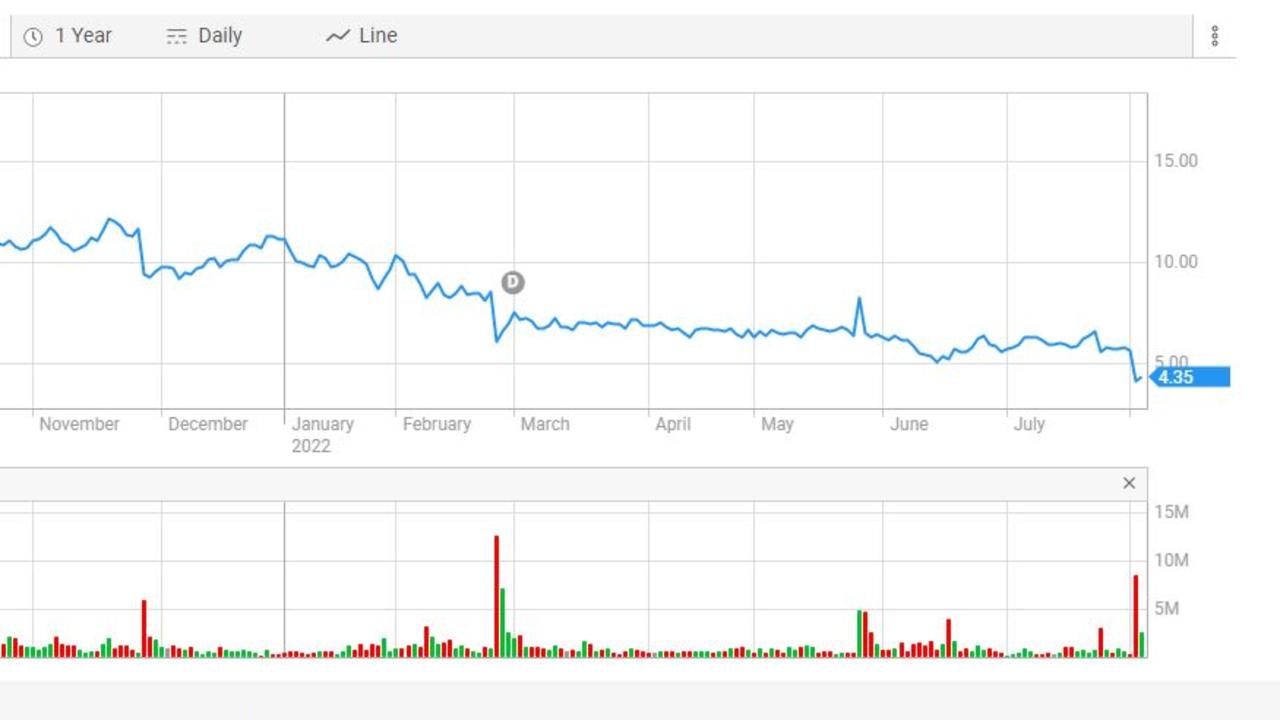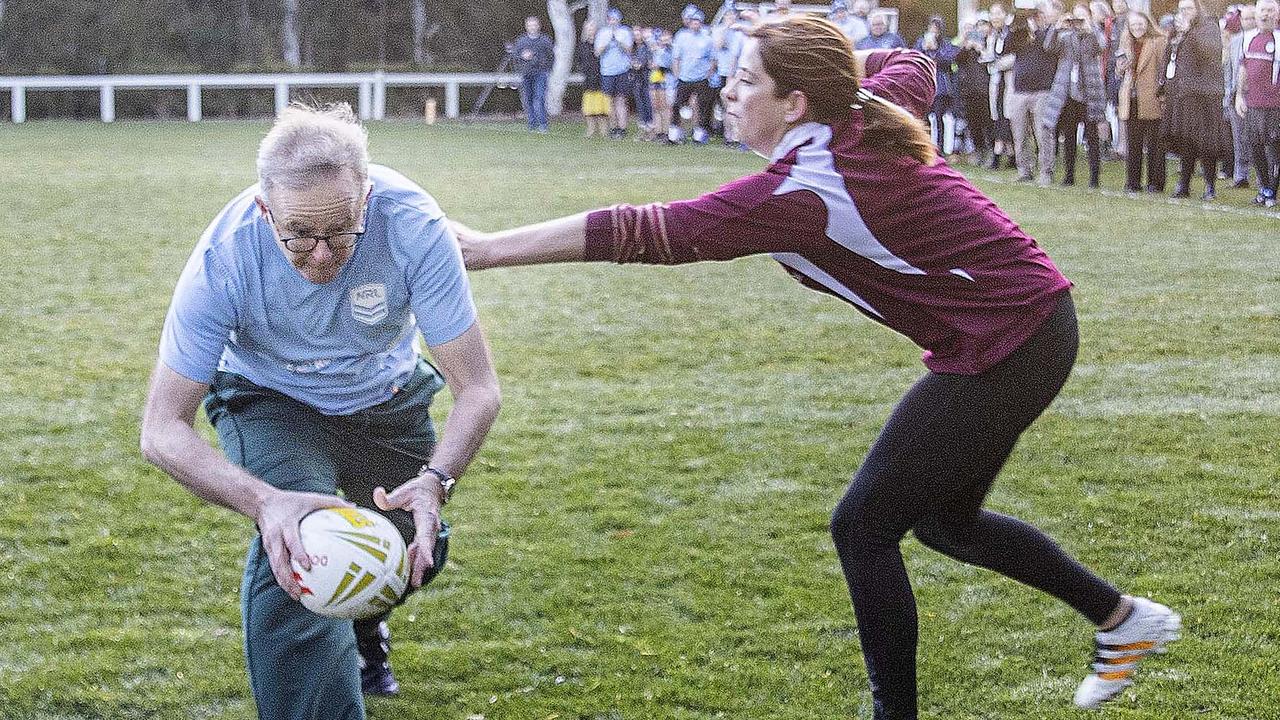The number of international tourists visiting Australia since the country’s borders opened back up is way down on pre-pandemic levels, according to new data.
Much of the decrease is due to international conflicts and a dip in the number of Chinese nationals choosing to holiday Down Under.
Chief executive officer of the Tourism and Transport Forum, Margy Osmond, said getting tourists back to the country’s landmarks is “not as easy as turning on a switch”.
“There is international conflict going on at the moment, but in the middle of it there are people,” she told Today.
“China was our number one visitor previously.
“And also, most importantly, not just by numbers, but by the amount of money they spent when they got here.”
Overall, just 131,000 international tourists visited Australia in May – down 65 per cent from pre-pandemic levels.
Ms Osmond said regional areas which had economies propped up largely by tourist visitors were still far from fully recovering.
“This is a really big issue for many businesses, particularly places like Far North Queensland, which rely almost entirely on international travellers,” she said.
“So we really need those travellers.”
The revelation comes after data revealed the dire state of Melbourne and Sydney’s CBDs almost a year after the cities’ crippling Covid-19 lockdown restrictions ended.
The figures, released by the Property Council, indicate just one in five workers are showing up to the office during the course of a typical working week.
Overall, the average office occupancy has dipped from 49 per cent in June to just 38 per cent in July, with the drop coinciding with continually spiking Covid cases, resulting in tens of thousands of new infections each week.
Elsewhere in the country, workers’ attendance in CBD offices in Sydney dropped from 55 to 52 per cent, Brisbane dipped from 64 to 53 per cent and Adelaide’s changed from 71 to 64 per cent.
.


